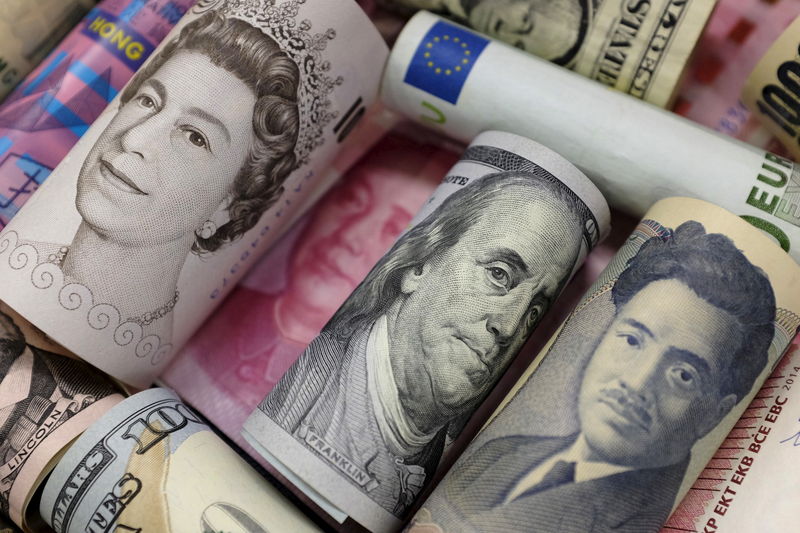ST PETERSBURG (Reuters) -Russian President Vladimir Putin said on Friday that the idea of moving the headquarters of major companies to regions outside Moscow deserved attention, and called for better professional education to help alleviate a labour shortage.
Setting out a host of ambitions for Russia’s $2 trillion economy, Putin said the world’s second largest oil exporter needed to cut cut imports, significantly boost the use of non-Western currencies in trade settlement and called for a major expansion of domestic financial markets.
Putin, speaking at the St Petersburg International Economic Forum, said trade with Asia was soaring and that nearly 40% of Russian external trade was now conducted in roubles as the share in U.S. dollars, euros and other Western currencies declined.
Putin said Russia would seek to boost the share of settlements conducted in the currencies of BRICS countries – the group of economies which includes Brazil, Russia, India, China and South Africa.
“Last year the share of payments for Russian exports in the so–called ‘toxic’ currencies of unfriendly states halved, while the share of the rouble in export and import transactions is growing – it is approaching 40% today,” Putin said.
Russia regularly refers to the mostly Western nations that have imposed sanctions on it over the war in Ukraine as “unfriendly countries”.
Russia should reduce its imports by creating competitive production and boosting investment in fixed assets by 60% by 2030, Putin said.
He added that the value of the Russian stock market should double by the end of the decade and amount to two thirds of Russian gross domestic product (GDP).
Russia’s economy has defied the Western sanctions over the past two years. Its official economic growth forecast for 2024 is 2.8% after expanding 3.6% last year – faster than either the United States or the European Union.
The rebound has been helped by Moscow’s heavy spending on defence and security, but economists say the growth relies on state-funded arms and ammunition production, masking problems that hamper any improvement in Russians’ living standards.
Many officials have also flagged labour shortages as a key concern, aggravated by a military mobilisation in 2022 and the emigration of hundreds of thousands of people since the start of the war in Ukraine. Russia’s central bank has repeatedly said it is the key constraint on increasing output.


